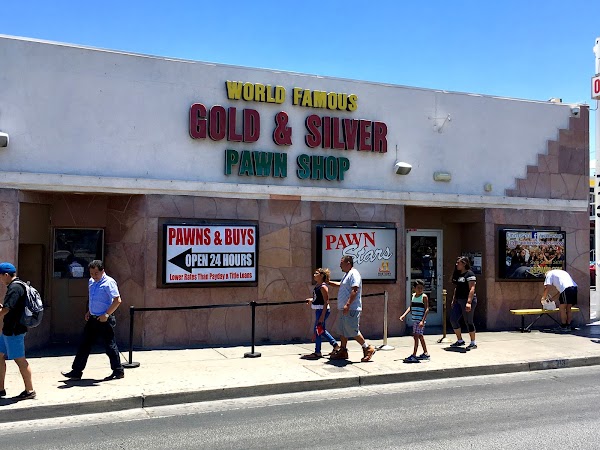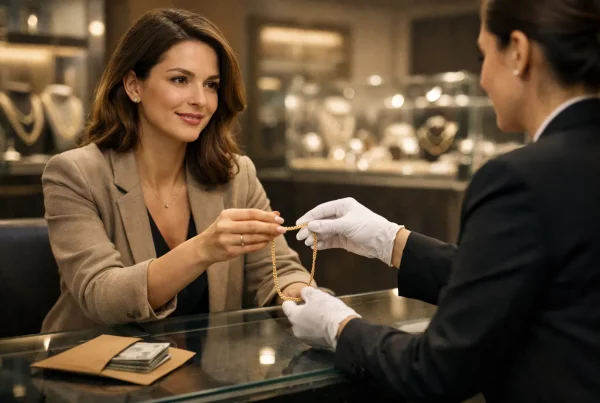Pawnshops have been around for centuries and they continue to be an important part of many communities, especially in areas where traditional banks and credit unions are not easily accessible. These shops provide a variety of services, including loans, selling of used items, and buying of unwanted items. The operations of pawnshops can vary widely, but there are some common factors that determine their impact on local communities.

One of the primary benefits of pawnshops is that they provide access to credit for individuals who may not qualify for traditional loans. People with poor credit scores or who have been turned down by banks and other lenders can turn to pawnshops for a loan. These loans are secured by personal property, such as jewelry or electronics, that is used as collateral. Since the pawnbroker has something of value to hold as security, they are able to offer loans without the need for a credit check. This can be a lifesaver for individuals who need cash quickly to pay for unexpected expenses or bills.
Now, let’s examine some of the positive impacts of pawnshops on local communities.
1. Access to credit
Pawnshops offer access to credit to people who would not be able to get loans from conventional financial institutions, which is one of their main advantages. Many customers of pawnshops have bad credit or are unable to satisfy the stringent requirements of conventional lenders. Pawnshops provide a good substitute, enabling people to get money quickly and without having their credit checked.
2. Affordable goods
Pawnshops also provide a source of reasonably priced goods for people who might be having financial difficulties. Many pawnshops offer a range of goods at discounts from retail costs, including jewellery, electronics, and musical instruments. Those who need to buy things but might not have the money to do so through conventional retail channels may find this to be very helpful.
3. Job creation
Moreover, pawn stores offer job chances in nearby regions. Several local, small-business owned pawnshops employ people in a range of positions, including management, sales, and customer service. Those who may not have access to other employment opportunities in their area may be able to support themselves through these jobs.
However, there are also some negative impacts of pawnshops on local communities that must be considered. For example
1. Targeting vulnerable populations
The fact that pawnshops frequently prey on vulnerable groups like the impoverished and those with bad credit scores is one of the main accusations levelled against them. While pawnshops may impose high interest rates and costs that may make it challenging for borrowers to repay their loans, this may be considered as exploitative.
2. Reinforcing poverty
By providing loans that might create endless debt cycles, pawnshops may also contribute to localised poverty. Those who use pawnshops run the risk of not being able to pay back their loans, which results in the loss of their collateral and can make their financial problems worse.
3. Crime
Finally, some research points to a possible connection between local pawn shops and crime. Because of the high value of the commodities they hold as collateral, pawnshops may unintentionally assist in the selling of stolen goods and become a target for theft and crime.
Conclusion
Pawnshops affect local communities in a variety of ways, both good and bad. Although if they offer access to finance, reasonably priced items, and employment prospects, they may also target vulnerable communities, perpetuate poverty, and have criminal undertones. When regulating how pawnshops operate in their communities, it is crucial for legislators to take these effects into account. Pawnshops may play a significant role in local economies, but they must be run responsibly and ethically if they are to have a beneficial effect on the communities in which they operate.




